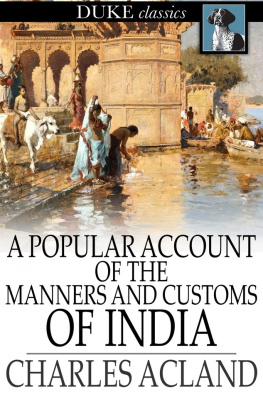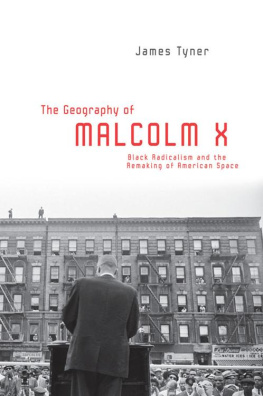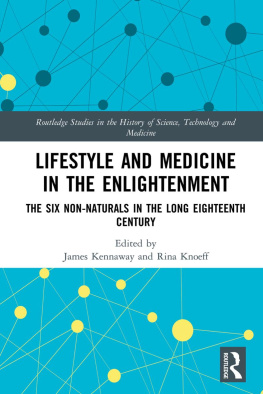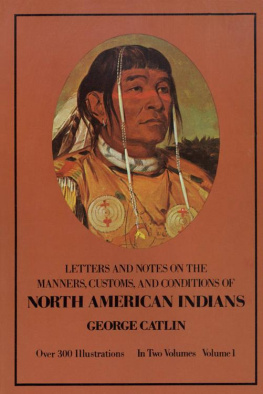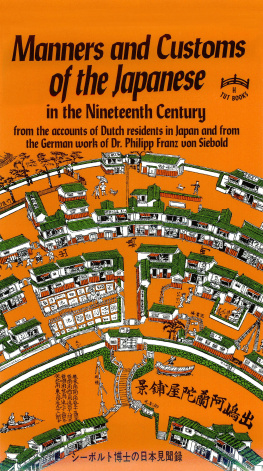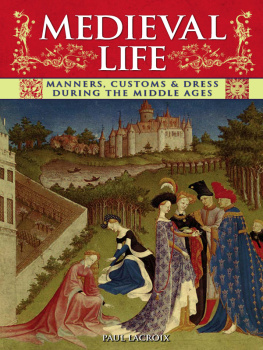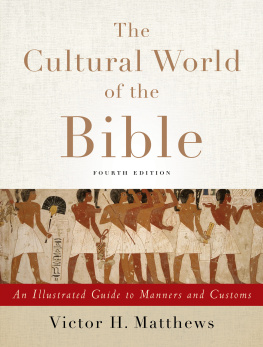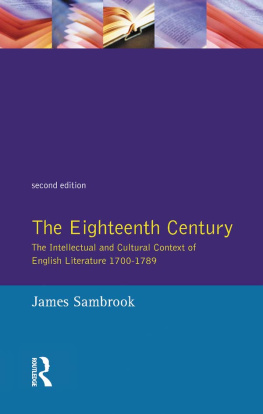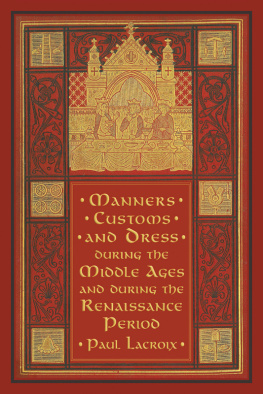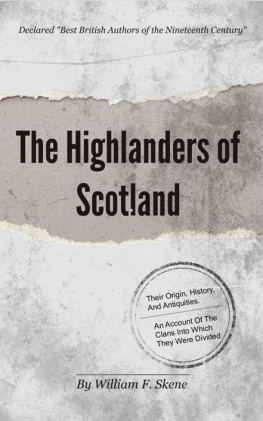ANECDOTES
OF THE
MANNERS AND CUSTOMS
OF
LONDON
DURING THE EIGHTEENTH CENTURY;
INCLUDING
THE CHARITIES, DEPRAVITIES, DRESSES, AND AMUSEMENTS,
OF THE CITIZENS OF LONDON,
DURING THAT PERIOD;
WITH A REVIEW
OF THE
STATE OF SOCIETY IN 1807.
TO WHICH IS ADDED,
A SKETCH OF THE DOMESTIC ARCHITECTURE, AND OF
THE VARIOUS IMPROVEMENTS IN THE METROPOLIS.
ILLUSTRATED BY FORTY-FIVE ENGRAVINGS.
By JAMES PELLER MALCOLM, F. S. A.
AUTHOR OF "LONDINIUM REDIVIVUM," &c. &c.
THE SECOND EDITION.
VOLUME II.
LONDON:
PRINTED FOR LONGMAN, HURST, REES, AND ORME.
PATERNOSTER ROW.
1810.
John Nichols and Son, Printers,
Red Lion Passage, Fleet Street, London.
CHAP. V.
PUBLIC METHODS OF RAISING MONEY EXEMPLIFIED, IN NOTICES RELATING TO LOTTERIES, BENEFIT SOCIETIES, & C.
The community of London had superior advantages an hundred years past in the State Lotteries, though, if interested Office-keepers could be credited, the Londoners of the present Century enjoy greater gaming privileges than the world ever yet produced. The reader shall judge between the schemes of 1709 and 1807. The Post Boy of December 27 says, "We are informed that the Parliamentary Lottery will be fixed in this manner:150,000 tickets will be delivered out at 10l. each ticket, making in all the sum of 1,500,000l. sterling; the principal whereof is to be sunk, the Parliament allowing nine per cent. interest for the whole during the term of 32 years, which interest is to be divided as follows: 3750 tickets will be prizes from 1000l. to 5l.per annum during the said 32 years; all the other tickets will be blanks, so that there will be 39 of these to one prize, but then each blank ticket will be entitled to fourteen shillings a year for the term of 32 years, which is better than an annuity for life at ten per cent. over and above the chance of getting a prize." Such was the eagerness of the publick in subscribing to the above profitable scheme, that Mercers-hall was literally crowded, and the Clerks were found incompetent to receive the influx of names. 600,000l. was subscribed January 21; and on the 28th of February the sum of 1,500,000l. was completed.
The rage for Lotteries reigned uncontrouled; and the newspapers of the day teemed with proposals issued by every ravenous adventurer who could collect a few valuable articles; and from those shopkeepers took the hint, and goods of every description were converted into prizes, even neckcloths, snuff-boxes, toothpick-cases, linen, muslin, and plate. The prices of tickets were generally sixpence, a shilling, half a crown, &c. At the latter end of the year just mentioned, the Magistrates, being alarmed, declared their intention of putting the Act of William and Mary in force, which levied a penalty of 500l. on the proprietor, and 20l. on each purchaser. In the tenth of Queen Anne another Act was passed for suppressing private Lotteries, which was followed by a second to prevent excessive and deceitful gaming.
Matthew West, a Goldsmith, of Clare-street, Clare-market, appears to have been the man who first divided Lottery-tickets into shares. He advertised in 1712, that he had sold 100 tickets in the million and an half Lottery in twentieths, and purposed pursuing his plan, which was well received.
The Lottery for 1714 contained 50,000 tickets at 10l. each, with 6982 prizes and 43,018 blanks; two of the former were 10,000l. with one of 5, another of 4000l. a third of 3000l. and a fourth of 2000l. five of 1000l. ten of 500l. twenty of 200l. fifty of 100l. four hundred of 50l. and six thousand four hundred and ninety-one of 20l.
Besides the drawing for prizes and blanks, there was another for the course of payment, and each 1000 tickets was called a course. The payments to the receivers were on the 10th of November and 10th of December 1713. When the Tickets were drawn, they were exchanged for standing orders, and thus rendered assignable by endorsement; all the blanks were repaid the 10l.per ticket at one payment, in the order their course of payment happened to fall, and they bore an interest of four per cent. from Michaelmas 1713. The prizes were payable in the same manner: the first drawn ticket had 500l.; the last 1000l. besides the general chance; 35,000l.per annum was payable weekly from the Exchequer to the Paymaster for the discharge of the principal and interest, and the whole funds of the Civil List were chargeable for thirty-two years for 35,000l.per annum .
To shew the difference between past and present methods, it may be worth while to insert a modern scheme.
"State Lottery begins drawing October 13, 1806, containing more Capital Prizes, and 5000 less Tickets, than last Lottery. The first drawn Ticket entitled to 10,000l.; all other Capital Prizes are afloat. Purchasers of Tickets and Shares will have the opportunity of obtaining all the Capital Prizes, provided they purchase before the drawing commences. The Scheme has equal advantages of 20,000l. Prizes, 10,000l. Prizes, 5,000l. Prizes, &c. &c. to former Lotteries of double the number of Tickets.
| No. of Prizes. | | Value of each: | | Total Value. |
|---|
| 3 | of | .20,000 | are | .60,000 |
| 3 | 10,000 | 30,000 |
| 3 | 5,000 | 15,000 |
| 5 | 1,000 | 5,000 |
| 8 | 500 | 4,000 |
| 20 | 100 | 2,000 |
| 40 | 50 | 2,000 |
| 4,100 | 20 | 82,000 |
| 20,000 | Tickets. | .200,000 |
20,000 Tickets only, and no other State Lottery to be drawn this year."
BENEFIT SOCIETIES, & C.
The first mention of any thing of this kind I have met with is in the year 1708, under the name of the "Taylors' Friendly Society" for insuring the lives of Adults and Children male and female; which was held at the Cross Keys, Wych-street; and the Trustees met twice in each month, when 1500 persons had subscribed 5


